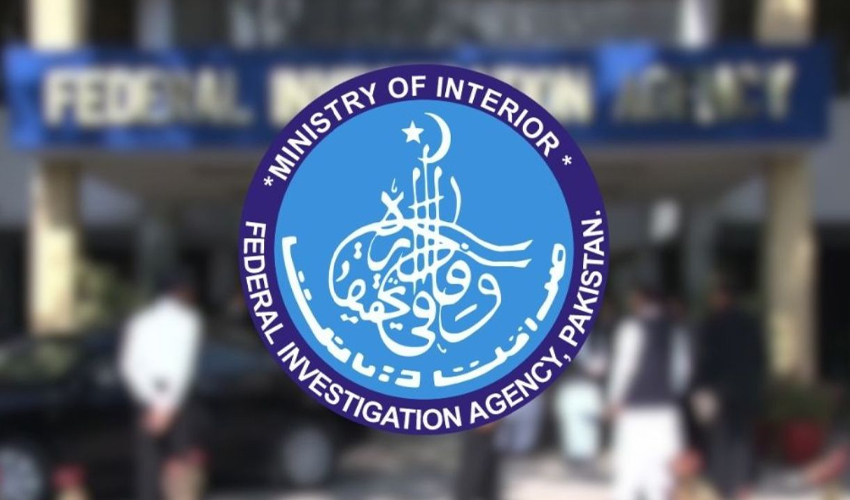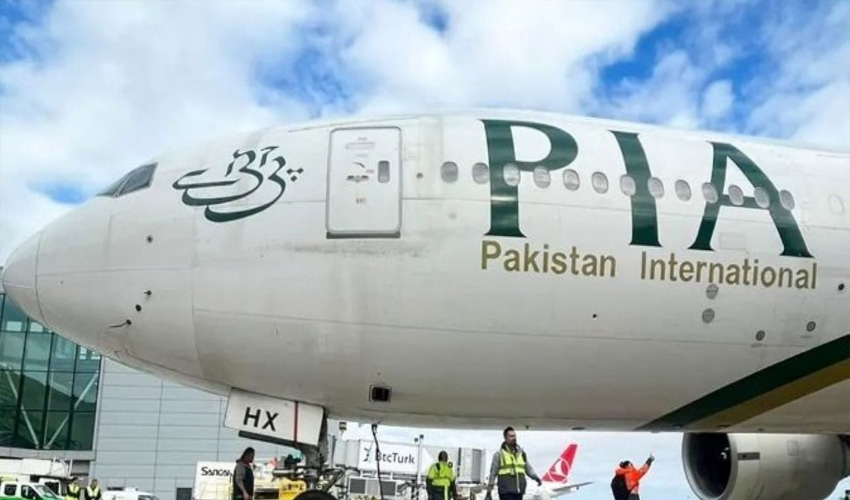In Pakistan, the constitutional promise of equality is marred by a stark reality for intersex individuals, who endure systemic neglect and discrimination.
While legal frameworks aim to protect citizens, they often overlook the specific vulnerabilities of the intersex community, leaving them without adequate safeguards against societal stigma and medical exploitation.
In the case of the intersex community in Pakistan, societal norms and expectations about what is considered "normal" marginalize and ostracize those who do not fit these standards. Intersex individuals are often seen as disabled, not because they have inherent impairments, but because they are different and society imposes limitations on them.
Article 25 of the Constitution, which guarantees equality for all citizens, fails to provide substantive equality for intersex individuals. It doesn't offer the same protection to the intersex community as it does to women and children, leaving them vulnerable and unprotected.
Although there are laws designed to protect all citizens, they often overlook the specific needs of the intersex community. For example, the Transgender Persons Act of 2018 fails to address the unique challenges faced by intersex individuals. This act uses the term "transgender persons", which includes a broad range of individuals but doesn't adequately address the plight of intersex people.
Intersex individuals in Pakistan face significant healthcare deprivation due to stigmatization, inadequate legal protections, and a lack of specialized medical facilities. Despite the 2018 transgender person protection bill, there are no dedicated gender health clinics, and medical professionals lack training in intersex health issues. This gap results in inappropriate treatments, including non-consensual cosmetic surgeries to fit binary gender norms, considered human rights violations by the United Nations.
To address these challenges, it is crucial to reform medical education, increase empathy and awareness among healthcare providers, and establish specialized services for intersex health.
'XXY' is a poignant Argentinean film that delves into the life of Alex, a 15-year-old intersex teenager. The movie provides a nuanced and compassionate portrayal of the challenges faced by intersex individuals, shedding light on various aspects of their lives.
The film portrays the stigmatization and bullying that Alex experiences from her peers. Similar instances of bullying are prevalent in Pakistani society. Language also plays a significant role in shaping societal attitudes towards disability. Derogatory terms like "chhakka" and "khusra" are often used, reinforcing negative stereotypes. Effective policy responses require accurate and respectful representation of the intersex community in print and visual media.
Moreover, the Transgender Persons Act of 2018 mandates free education for transgender and intersex children. However, this provision is ineffective without anti-bullying and anti-rape policies. Intersex children often face violence and sexual misconduct at home and school, leading to early dropouts and a lack of access to education and modern civil society.
Intersectionality, a concept that highlights how different forms of discrimination intersect, is relevant to understanding the plight of the intersex community. Intersex people are born with physical traits that do not fit typical definitions of male or female, whereas transgender individuals identify with a gender different from their assigned sex at birth.
Placing intersex individuals under the transgender umbrella overlooks their distinct identity and experiences. Additionally, it implies a hierarchy where transgender issues may receive more attention or resources, potentially overshadowing the unique challenges faced by intersex people, thereby perpetuating their marginalization and lack of recognition in societal and legal contexts
Various models developed by activists and academics highlight the importance of societal roles in creating and perpetuating gender discrimination. One such model, the "Social Model of Disability", argues that such discrimination is imposed by external forces like medical, legal, and governmental systems. This model differentiates between impairment, a practical restriction, and disability -- a social construct that society imposes without considering impairments.
For instance, intersex individuals may not have any physical impairments, yet society often deems them incapable of working like males or females. In a documentary, Pakistani Transgenders: The Open Secret, Maggie, an educated transgender woman, expresses her desire to be an air hostess but faces social barriers that force her into prostitution. This example illustrates how societal constructs of "normalcy" limit career opportunities for intersex and transgender individuals.
Unfortunately, in Pakistan, rape cases involving intersex or transgender individuals are rarely registered. Maggie's experience of gang rape, as depicted in the documentary, highlights this issue. When she sought help from the police, they dismissed her, saying it was the nature of her job. This response underscores the need for specific legal protections for the intersex community.
Anjum's character in Arundhati Roy's The Ministry of Utmost Happiness serves as a powerful commentary on the lack of intersex rights and inclusivity in Asian culture and society. Her journey and experiences reflect broader societal issues and highlight the challenges faced by intersex individuals.
Anjum’s early life as Aftab, a child born with both male and female physical characteristics, underscores the societal stigma attached to intersex individuals. Her family's initial confusion and eventual discomfort with her identity highlight the deep-seated prejudices and lack of understanding in society.
Many intersex people face significant challenges in obtaining identity documents that accurately reflect their gender, leading to difficulties in accessing basic rights and services.
Similarly, in 2012, the Supreme Court acknowledged the rights of the intersex community and declared that they should be treated as equal citizens. However, the implementation of this ruling remains incomplete, as shown in the documentary when officials at NADRA still refuse to issue identity cards to intersex individuals.
Gender should be understood as a cultural identity with a rich history and shared experiences. This perspective emphasizes the importance of including gender minorities as experts in their own lives and histories. In Pakistan, the absence of intersex individuals in legislative processes highlights the need for their inclusion as engaged citizens rather than neglected outcasts.
Therefore, intersex community in Pakistan faces significant challenges due to societal constructs and legal gaps. Addressing these issues requires a comprehensive approach that includes the voices of the intersex community and ensures substantive equality.
The writer is a student of BS English Literature from the Government College University, Lahore.



























